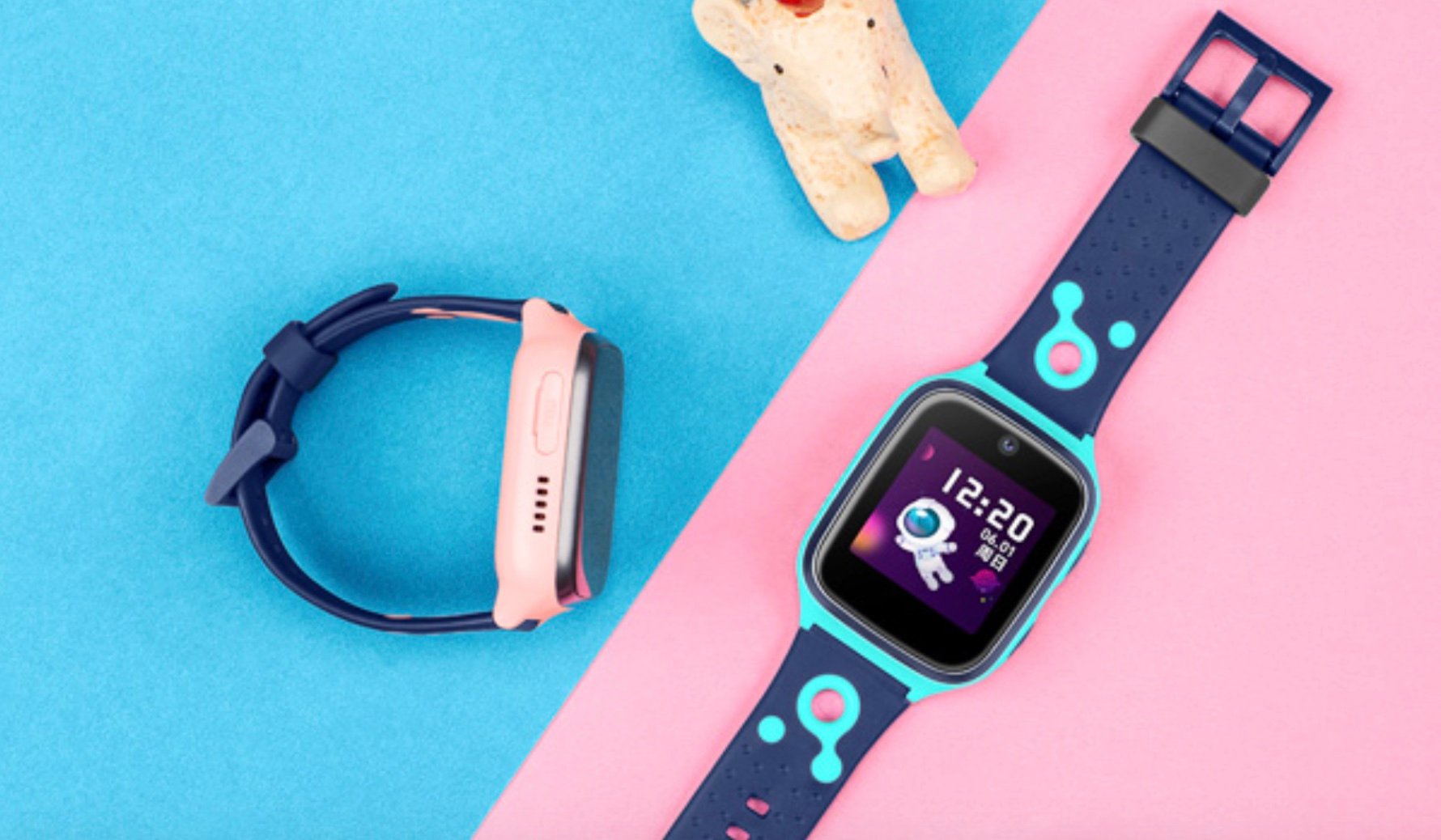Editor’s note: This article was originally published on February 14. That it continues to be relevant only serves to emphasize the point that this wave of violence is ongoing and that action urgently needs to be taken. The information on what you can do has been updated slightly to reflect new initiatives where appropriate.
Months before the United States experienced its first cluster of Covid-19 cases, Asian-Americans were suffering the brunt of racist attacks over the perceived origins of what eventually became a global pandemic. Now, one year on, the US is seeing a sudden and shocking uptick in violence against Asian-Americans.
In late January, an 84-year-old Thai-American was shoved to the ground outside his Bay Area apartment complex, and later died from the injuries he sustained. The following week, a number of other elderly Asians were victims of attacks that ranged from robberies to similarly senseless violence, including a Filipino man in New York who was slashed across the face.
The incidents are the latest wave in a major rise in hate crimes committed against Asian-American since the beginning of 2020. A recent UN report tied it to former US President Trump’s appearance of validating bigotry, “exacerbating prejudice and discrimination” by — amongst other actions — continuing to call Covid-19 the “China virus.”
The Oakland Chinatown Chamber of Commerce has tallied over 20 incident reports by Asian business owners and customers being assaulted. “I think it would be even higher,” organization President Carl Chan told ABC News, “But victims are not willing to report incidents” out of fear that nothing will be done.
A video of a 91-year-old who was also violently shoved to the ground in Oakland prompted actors Daniel Wu and Daniel Dae Kim to offer a 25,000USD reward for whomever could identify the attacker. A suspect has since been arrested for that crime and other similar attacks on Asians.
The skyrocketing number of hate crimes against Asian Americans continues to grow, despite our repeated pleas for help. The crimes ignored and even excused. Remember Vincent Chin. #EnoughisEnough. @danieldaekim & I are offering a $25,000 reward.. https://t.co/psNxAPeRVR
— Daniel Wu (@danielwuyanzu) February 5, 2021
Meanwhile, frustrated by the lack of protection to members of their community, several volunteers have already organized to start patrolling streets in Chinatown communities.
But bounties, calls for increased public security, and remarks such as Oakland Mayor Libby Schaaf’s blaming of the attacks on defunded police, have stirred up conversations on racial profiling, the tense history between Asian and Black communities, and intersectionality.
Oakland Councilwoman Michelle Fife argued that massive rewards for arrests have “put a bounty on Black men’s heads.” John C. Yang, President of Asian Americans Advancing Justice told NBC, “We worry about over-criminalization of communities.”
Instead, several community organizations have been coming together to bridge divides and heal interracial trauma.
Several prominent voices in Black Anti-Racism have stood up in solidarity with Asian-Americans, including rapper Lupe Fiasco and television host W. Kamau Bell.
Related:
 Black Lives Matter and Asian Communities: A Conversation with Bohan Phoenix and Jamel MimsCheck out the video and read highlights from an enlightening talk on BLM, China and moreArticle Jul 20, 2020
Black Lives Matter and Asian Communities: A Conversation with Bohan Phoenix and Jamel MimsCheck out the video and read highlights from an enlightening talk on BLM, China and moreArticle Jul 20, 2020
“In the wake of George Floyd’s murder, there’s just a lot of talk of how we come together,” said Bell in a recent conversation with Daniel Wu for ABC.
“And I understand that part of that is coming out of quote-unquote ‘our lane.’ […] I felt like I want to let them know and the broader community that I stand with them. I don’t speak for them, but I stand with them.”
Bell, as well as organizations such as Asian Americans Advancing Justice and AAPI Women Lead, have called for community-based solutions.
What You Can Do
Activist Michelle Kim has outlined several initiatives anyone can take to help move forward, including “interrupt anti-Asian racism and anti-Black racism,” and “invest in community-based interventions.” We thoroughly recommend you read Kim’s post and its suggested actions in full.
In an article on the rise in hate crimes, Upworthy highlights a range of ways to help combat such incidents. “Get to know AAPI members of your community and listen to their concerns. Raise awareness by following and sharing the hashtag #StopAAPIHate on social media. Speak out about AAPI hate crimes and share positive stories about people from the AAPI community as well,” the piece implores.
Related:
 To Chinese in America: Black Lives Matter Is Our Fight TooIn response to the latest Black Lives Matter protests, Chinese and Chinese American debates fixate on a very narrow definition of fairnessArticle Jun 12, 2020
To Chinese in America: Black Lives Matter Is Our Fight TooIn response to the latest Black Lives Matter protests, Chinese and Chinese American debates fixate on a very narrow definition of fairnessArticle Jun 12, 2020
That same article also points to Hollaback, that describes itself as “a global, people-powered movement to end harassment,” and the National Coalition for Asian Pacific American Community Development (a coalition of more than 100 organizations advocating for AAPI communities), as among those you can consider donating to.
There’s also this call for a national day of action in the US:
For more on how individuals are taking a stand against anti-Asian discrimination and supporting AAPI communities in the US, you can read our special Edition on RADII.co.
Cover photo: Cindy Trinh


















